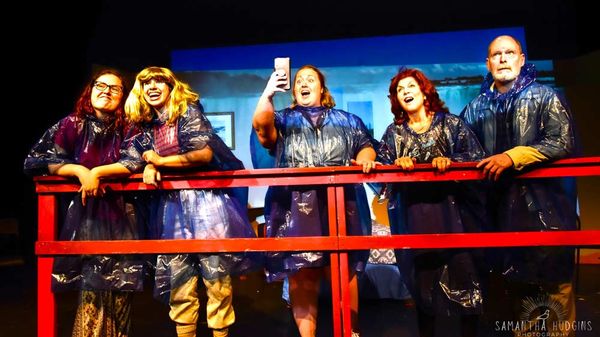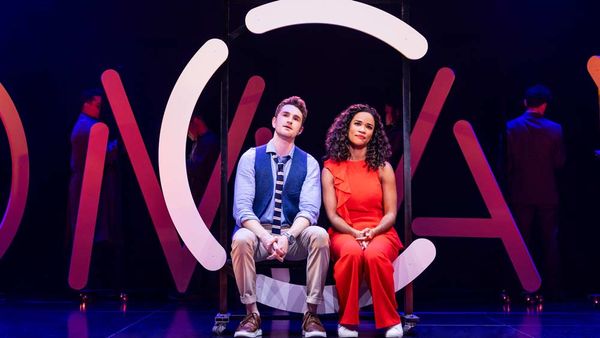March 13, 2015
Mack and Mabel at 54 Below
Steve Weinstein READ TIME: 3 MIN.
Before 54 Below gave us an evening's sample of Broadway shows long gone, we only had the Encores! series at City Center, which provided full stagings, including the entire book.
If ever there were a case to be made for offering a show's tunes sans book, it was forcefully made on Sunday evening, March 8. "Mack and Mabel at 54 Below" was an array of Broadway talents belting there way through a Jerry Herman score. As someone who had only heard bits and pieces of this show, I was eager to give it a listen.
After all, it famously flopped on Broadway -- devastating to Herman, who was as reliable a musical hitmaker as Neil Simon writing comedy. In the ensuing years, the show has built up something of a reputation as a forgotten gem among Broadway cognoscenti; but after hearing an evening of snippets, I'm afraid I am not ready to join the cult.
It's not that any of the songs are bad. Herman is incapable of writing a bad tune. Rather, at least judging from the numbers presented here, as well as the always-welcome backstage background from this wonderful series' mastermind and emcee, Phil Geoffrey Bond, this was one of those doomed productions.
Even Bond's ebullient personality couldn't overcome the show's multiple problems, which ranged from way overthinking and overtinkering with it, to too many cooks spoiling the broth. Bond tells us that director-choreographer Gower Champion was in a "Checkhovian" mood; but no one's personality is further away from the elegiac pining of upper-middle-class provincials than Herman.
In fact, the music I heard was full of his signature Broadway razzmatazz, suitably arranged to fit the period of the show's setting, during the early talkies, when actress Mabel Normand helped Mack Sennett transform his Keystone Kops one-reelers into a bona fide Hollywood studio.
There's probably a good reason why this show has had a much more successful life on the other side of the pond. British theater audiences are much more in tune with the music-hall tradition (something the Beatles well knew, for example).
In the New York of 1974, it's easy to see how the show would have seemed merely anachronistic. If "The Wiz," which whooshed into the theater once "Mack" was closed, can't boast as professional a score, an inner-city fantasy was undoubtedly more suitable to the times.
As usual, Bond and the musical director, John Fischer, have assembled a potpourri of talent from the worlds of Broadway and cabaret. If I have to single out a favorite, it's Molly Pope, whose googly eyes, round face and tiny facial features would make her my first choice if this show ever does get a real Broadway revival.
The evening's major "get," Emily Skinner, on the other hand, didn't seem to be giving that extra-special push that makes the difference between performing and selling a song.
The rest of the large ensemble performed admirably, especially considering that they have to learn not just the song, but the queues and the schtick, for one night, two performances only. It's these dedicated worker bees who are the heart and soul of Broadway, and to spend their one free night in a cabaret is a nice demonstration of the validity of the lyrics to "Big Time," the song from "Mack" that perfectly expresses the eternal optimism of the entertainer that this time it's the big time. God bless you all.
"Mack and Mabel" played for one night only at 54 Below, 254 W. 54th St. For information or tickets, visit www.54below.com
Steve Weinstein has been a regular correspondent for the International Herald Tribune, the Advocate, the Village Voice and Out. He has been covering the AIDS crisis since the early '80s, when he began his career. He is the author of "The Q Guide to Fire Island" (Alyson, 2007).






